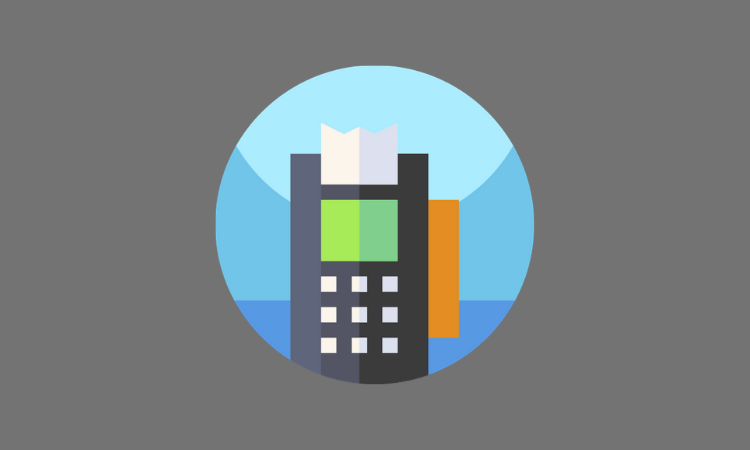Member Exclusive, Payments
‘The nice thing about our model is everyone wins’: Plastiq allows consumers to use credit cards at businesses that don’t accept them
- Digital payments are good options for everyday-type transactions.
- Many merchants still don't accept credit cards because they don't need to.








